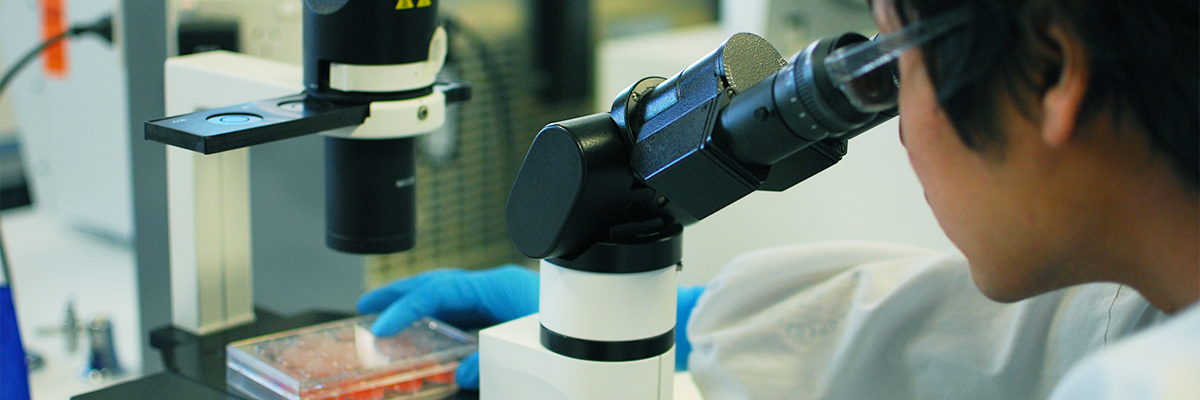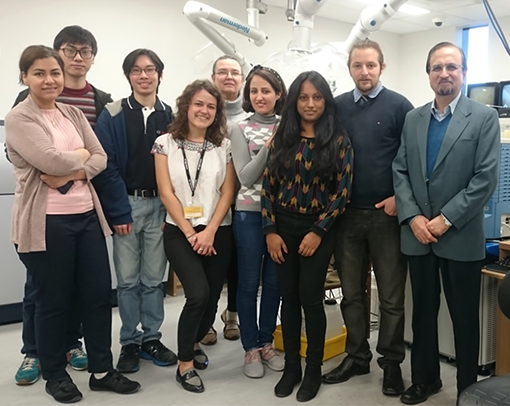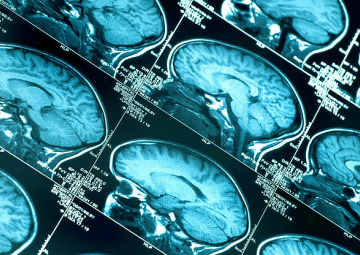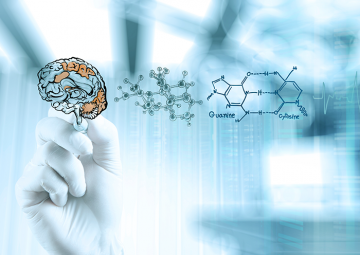
Description
Proteomics is the large scale study of the protein expression profile of a living organism. Proteomes not only vary between cell types and tissues, but are dynamic in that they vary over time, with disease, and respond to environmental and lifestyle change. They are involved in a range of cellular processes, including ageing. We hope to better understand this role by studying protein expression, function and changes in normal ageing and age-related disorders, such as Mild Cognitive Impairment (MCI) and Alzheimer’s disease (AD).
Aims
- Identification of AD and MCI biomarkers in plasma which may change with conversion to disease, disease progression or are associated with brain volumetric changes or features such as white matter hyperintensities (WMH).
- Evaluate and validate specific plasma proteins, including Aβ peptides and apoliopoproteins as markers of early or preclinical dementia.
- Explore the relationship between plasma levels of these proteins and neuropsychometric and MRI based brain volumetric measures.
- Determine if AD and MCI plasma has a differential impact on cultured brain cells as compared with age matched control plasma.
- Determine if oxidative stress and inflammation, which are typical features of the AD brain, also impact on plasma proteins.
- Explore the biochemical basis of the differential expression of pathology in the brain cortex.
- Determine the expression, distribution and function of the 7 mammalian sirtuins in normal ageing and neurodegenerative disease.
Design and Method
We have plasma samples from several population-based longitudinal studies. Both cross-sectional and longitudinal data are used to identify robust markers which are replicated in independent studies, to explore the effects of genetics vs life-style factors and factors associated with super-longevity. Psychometric, brain volumetric and genetic data are available for comparison with proteomics output and together these techniques are helping us to discover new proteins and pathways associated with disease onset and progression.
Findings
- Plasma levels of several apolipoproteins are altered in MCI.
- Plasma Aβ1-42 is associated with MCI, AD and psychometric and brain volumetric changes, particularly WMH.
- Oxidative stress affects plasma proteins in AD.
- AD and MCI plasma compromise neuronal cell integrity. The specific components of plasma which are responsible for these effects are currently under investigation.
- All seven sirtuins are expressed in the mammalian brain, and we are quantifying relative expression levels and brain regional variations in ageing and animal models.
- A few sirtuins can also be detected in plasma, and we are investigating changes with ageing as well as the relevance of plasma sirtuin levels as biomarkers of disease.
- Sirtuins utilize NAD+, an important component of metabolism, which is also found to vary with age.
Staff
- Professor Perminder Sachdev, Project Leader
- Dr Anne Poljak, Project Leader
- Dr Nady Braidy
- Dr Tharusha Jayasena
PhD Candidates
- Fatemeh Hosseini
- Gurjeet Kaur
- Yue Liu

Pictured above: Proteomics and Ageing project members







